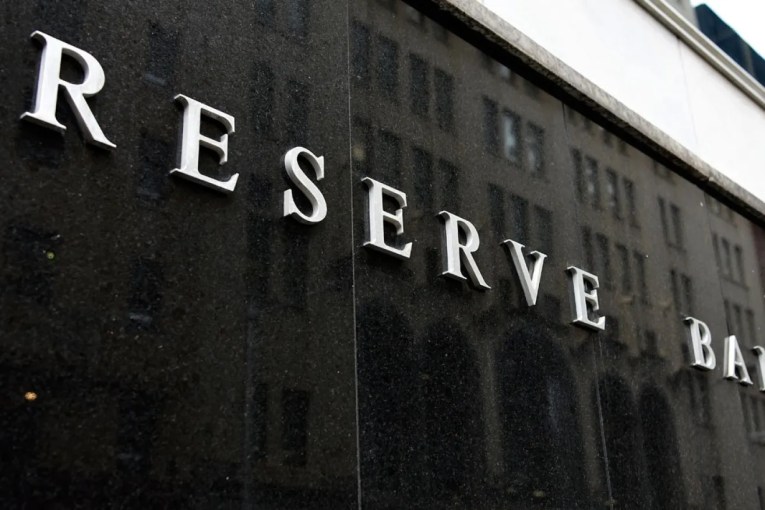Students cop cuts, as rorts and zombie plans axed with more than $20 billion saved
In its first budget on Tuesday, the federal government unveiled more than $20 billion in savings by gutting dozens of Coalition programs and trimming public service spending.
Tens of thousands of students, meanwhile, will miss out on university fee discounts worth $36 million a year as Labor slashes spending across the federal budget to fund its election promises.
About 54,000 university students a year are among the losers, with a 10 per cent discount on paying student fees upfront rather than opting for a government loan set to be axed.
The move will save the budget an estimated $484 million over the next 11 years from January 1, 2023 – the plan hasn’t been legislated yet.
The controversial Coalition-era PaTH internship program (which paid unemployed young people $4 an hour on top of their JobSeeker benefits) and the national work experience program have also been given the chop – saving the budget $50 million over the next four years.
The money is being redirected to fund government promises, including billions of dollars for child care, health care, student education subsidies and increased domestic violence funding.
Treasurer Jim Chalmers said on Tuesday night that the budget was focused on unwinding “wasteful or unnecessary spending” and redirecting it toward “higher-quality investments”.
“Our spending audit has helped identify $22 billion in savings over the next four years,” he told Parliament.
But after wading through budget spending with a fine-tooth comb, Dr Chalmers and Finance Minister Katy Gallagher haven’t just booked savings; they’ve also added billions of dollars in new costs by reversing Coalition projects.
Coalition zombies to cost taxpayers millions
A rollback of unlegislated measures from the past five years, for example, will cost $1.6 billion – including a zombie plan that would have trialled drug-testing JobSeeker recipients.
The Coalition in 2019 introduced a bill to Parliament to legislate that measure – which was criticised at the time by social service advocates – but it never passed.
The bill would have allowed the government to conduct a two-year drug testing trial in three regions for 5000 new income support and youth allowance recipients.
The revelations, uncovered in a line-by-line audit of the federal budget since the May election, show the Coalition was propping up its financial forecasts with programs that were never legislated by Parliament.
About $413 million in excess costs will now be incurred because of these zombie measures, which are now being reversed because they “are not consistent with government priorities”.
Another one of the unlegislated plans included cancelling or reducing JobSeeker recipients’ payments if they were classed as “serial fine defaulters” who had outstanding court-imposed fines or arrest warrants for indictable criminal offences.
The secretive plan was outlined in the 2018-19 budget, but the then Coalition government never publicised how much it would have saved taxpayers if it was legislated.
Savings outweigh costs
All in all, the government has booked $22 billion of savings by axing entirely or redirecting funding for programs planned by the Morrison government.
A total of $6.5 billion in infrastructure programs will get the chop or rather be reallocated as part of a “reprofiling of infrastructure projects to better align the investment with construction market conditions”.
The government will also redirect $2.8 billion in savings from Coalition pet projects including the Commuter Car Park Fund – a controversial “slush fund” that was criticised for allocating taxpayer funds to Coalition seats – as well as the contentious Australian Future Leaders Program, which will save it $16 million over four years.
A further $3.6 billion will be saved over the next four years by reducing government spending on third-party consultants, advertising, travel and legal expenses.








